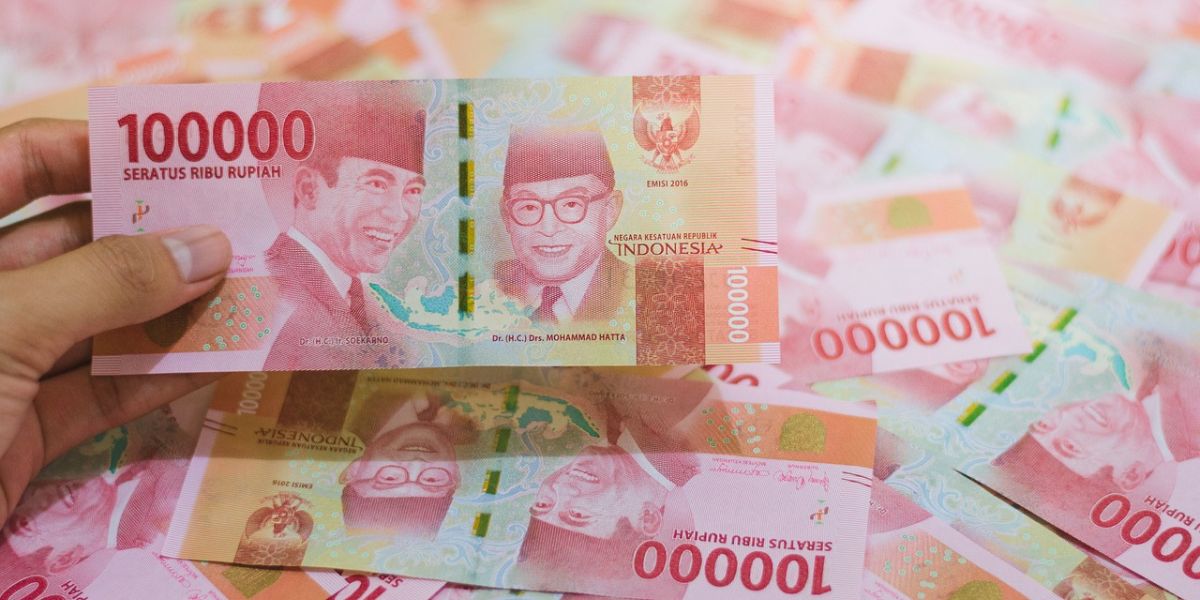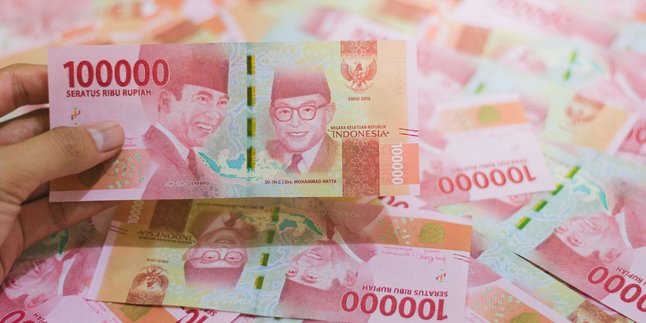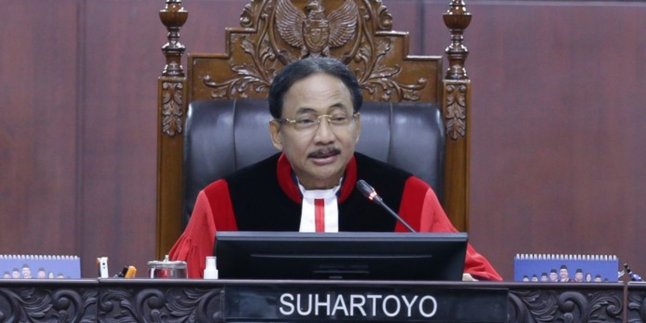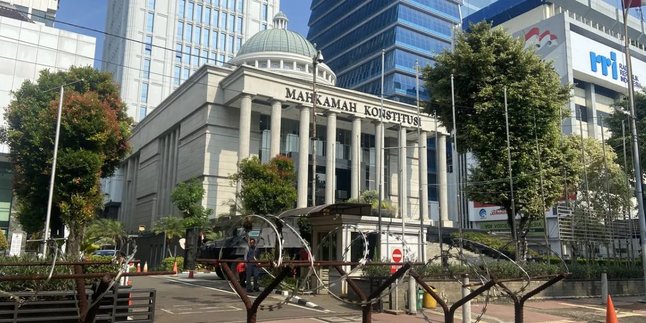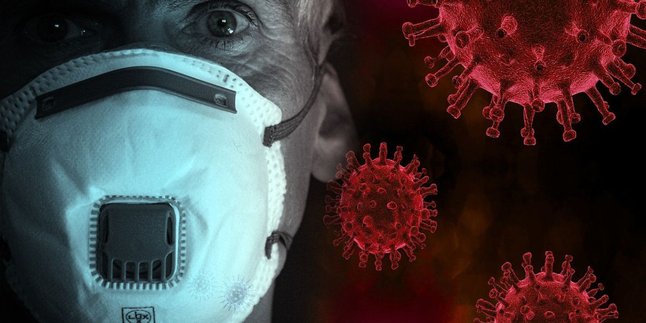Kapanlagi.com - The DKI Jakarta Provincial Government has just announced good news for workers. Starting in 2025, the Provincial Minimum Wage (UMP) will increase by 6.5 percent. Thus, the UMP for Jakarta in 2025 will be Rp 5,396,761 per month, up from Rp 5,067,381 applicable in 2024.
This increase is stated in the Governor of DKI Jakarta's Decree Number 829 of 2024 concerning the Provincial Minimum Wage for 2025. This step is expected to provide fresh air for workers, helping them meet their living needs that are increasingly rising due to inflation and rising prices of goods.
Check out the complete information summarized by Kapanlagi.com on Friday (3/1).
1. Applicable to Workers with Less than One Year of Service
The increase in the Provincial Minimum Wage (UMP) of Jakarta for 2025 has become a hot topic, with an additional Rp 329,380 or equivalent to 6.5 percent compared to the previous year. This step aligns with national policies aimed at improving the welfare of workers across Indonesia.
According to the Minister of Manpower Regulation (Permenaker) Number 16 of 2024, the determination of this UMP considers economic growth, inflation, and the need for a decent living.
Starting January 1, 2025, this UMP will serve as a reference for companies in determining salaries, especially for workers with less than one year of service.
"The 2025 UMP increase of 6.5 percent is intended for newly joined workers," said the Acting Governor of DKI Jakarta, Teguh Setyabudi, as quoted by ANTARA.
2. Economic Impact and Public Purchasing Power
The increase in the Provincial Minimum Wage (UMP) in Jakarta is expected to provide a breath of fresh air for the purchasing power of the people who are pressured by inflation due to the soaring prices of basic necessities and the Value Added Tax (PPN) rate, which has now risen to 12 percent.
However, some parties argue that this increase is still far from sufficient to offset the surge in the cost of living in the capital, especially for low-income households that are very vulnerable to rising prices of goods and services.
With inflation projected to reach 4.11 percent by 2025, it seems that this UMP increase will only provide minimal assistance for workers in maintaining their purchasing power amid the uncertain economic turmoil.
3. Comparison of Jakarta's UMP with the Jabodetabek Region
In the Jabodetabek area, the increase in the Provincial Minimum Wage (UMP) and the City Minimum Wage (UMK) recorded an encouraging average figure of 6.5 percent. Bekasi City leads with the highest UMK reaching Rp 5,690,752, followed by Bekasi Regency at Rp 5,558,515 and Depok at Rp 5,195,721.
Meanwhile, Tangerang and Bogor are recorded with UMKs of Rp 5,069,708 and Rp 5,126,897, respectively.
Although this trend shows positive signals, there are still some areas where wages do not meet the minimum living costs, raising concerns about workers' difficulties in meeting their basic needs, especially amid the anticipated surge in basic commodity prices expected in 2025.
4. The Challenge of Inflation and Cost of Living
The increase in the Provincial Minimum Wage (UMP) indeed brings new hope for workers, but the shadow of inflation arising from the increase in Value Added Tax (VAT) and the spike in basic commodity prices continues to haunt.
The high cost of living in Jakarta forces workers to be more prudent in managing their income. Moreover, low-income communities often lack savings to cope with price surges, making them more vulnerable to the threat of poverty if inflation continues to soar.
Therefore, the community is looking forward to concrete steps from the government in the form of supportive policies, such as subsidies for basic commodities, social assistance programs, and price control of basic necessities in the market, to alleviate the pressures they face.
5. Evaluation and Prospects of Employment Policy
In the future, it is important for us to conduct an in-depth evaluation of the formula for determining the Provincial Minimum Wage (UMP) so that the established figures truly reflect the decent living needs in each region.
In addition, wage adjustments must consider the impact of inflation and the ongoing rise in prices. The government is also expected to be stricter in monitoring the implementation of UMP in the field, ensuring that companies comply with existing regulations to protect workers' rights.
With more responsive policies focused on worker welfare, the UMP 2025 is expected to be a starting point towards improving economic and social balance in Indonesia.
6. What is the Jakarta Minimum Wage (UMP) for 2025 and when will it take effect?
Jakarta has set the Provincial Minimum Wage (UMP) for 2025, which will be Rp 5,396,761. This policy will take effect on January 1, 2025, providing new hope for workers in the capital to improve their quality of life.
7. Why did the Jakarta Minimum Wage (UMP) increase by 6.5 percent in 2025?
This increase is a strategic step taken in response to national policies aimed at adjusting wages to match inflation rates and the ongoing economic growth.
8. Is the Jakarta Minimum Wage (UMP) for 2025 sufficient for a decent living?
Although there is an increase, this Provincial Minimum Wage (UMP) is still considered insufficient to meet the rising cost of living.
9. What is the impact of the Minimum Wage increase on Jakarta's economy?
The increase in the Provincial Minimum Wage (UMP) is expected to provide a boost to the purchasing power of the community, but significant challenges arise with high inflation that can erode those benefits.
(kpl/rmt)
Disclaimer: This translation from Bahasa Indonesia to English has been generated by Artificial Intelligence.
